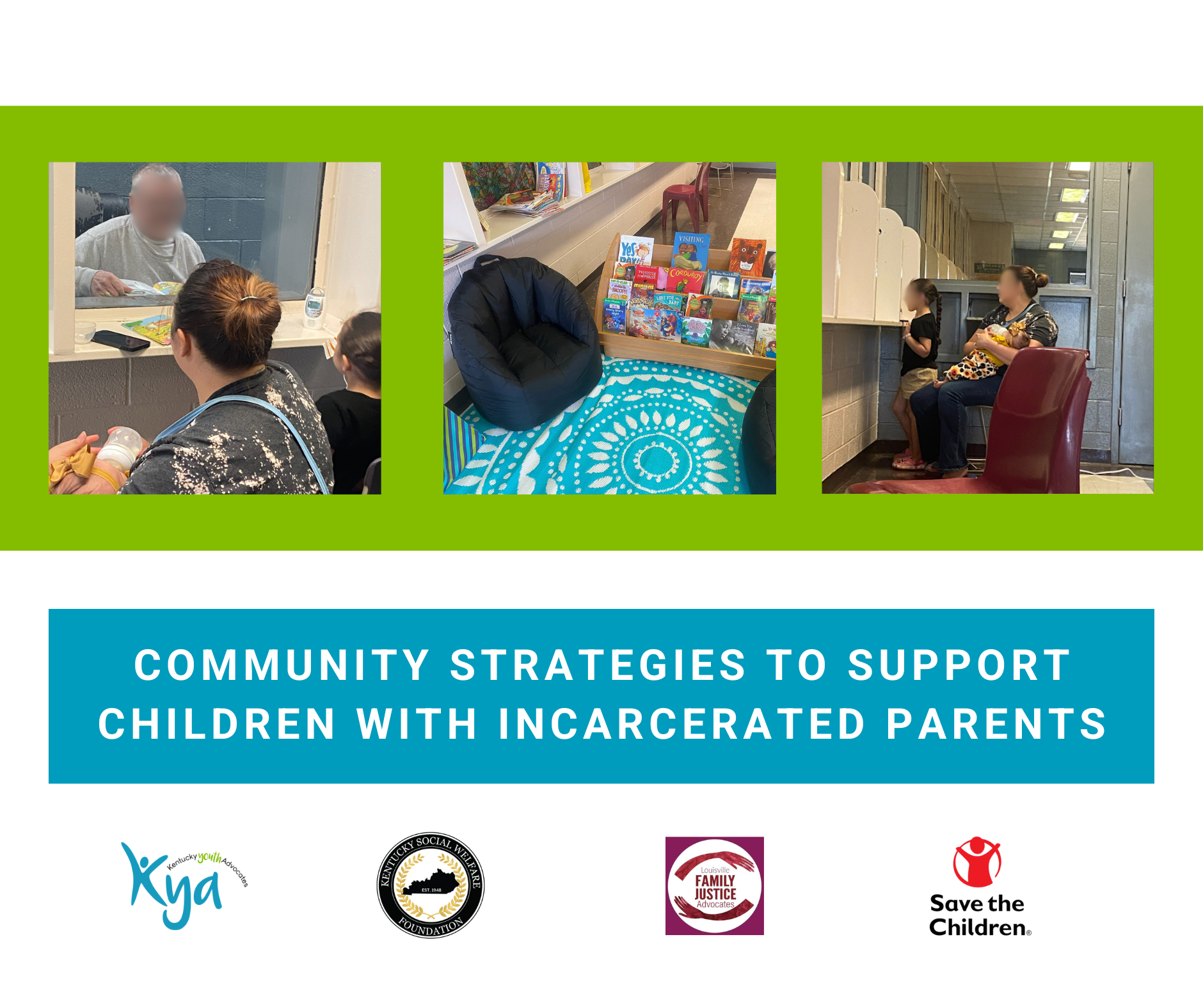The future prosperity of Kentucky depends on the state’s ability to foster the health and well-being of the next generation. When Kentucky makes smart investments in kids, the next generation will pay this back through a lifetime of productivity and responsible citizenship. Unfortunately, this “payback” is becoming increasingly difficult to achieve as social mobility of any kind becomes further out of reach for children growing up with fewer family resources.
While in Washington, DC last week, a colleague of mine had the opportunity to attend First Focus’s Children’s Budget Summit. New York Times columnist David Brooks was there to provide a different perspective on the need to invest in children today to strengthen America’s future – ideas coming from his new book, “The Social Animal.” This same message was the focus of his recent column, “The Opportunity Gap.”
In the article, Brooks digests recent research from a Harvard political scientist indicating that wealthier, college-educated parents tend to spend more time with their children and spend more money on enrichment activities for their kids, like sports and tutoring. Meanwhile, less-educated parents with working class jobs are not able to spend as much time with their children and don’t have as much money to devote to their children’s activities. This creates an increasing gap between affluent children and poor children that is getting harder and harder to bridge. This is the affect of the disappearing middle class.
Brooks points out: “Equal opportunity, once core to the nation’s identity, is now a tertiary concern. If America really wants to change that, if the country wants to take advantage of all its human capital rather than just the most privileged two-thirds of it, then people are going to have to make some pretty uncomfortable decisions.” Brooks explains that liberals are going to have to be willing to accept the importance of marriage before children, and conservatives are going to have to accept that tax increases will be necessary so that more can be spent on the earned income tax credit, and other programs benefitting low-income working Americans.
Interestingly enough, just the other day, at the Blue Ribbon Commission on Tax Reform’s hearing in Louisville, Kentuckians were speaking up about their reliance on the federal Earned Income Tax Credit and the need to extend that to the state level. A state EITC wouldn’t just help families though; it would also strengthen local economies. Families who would receive a state EITC wouldn’t put that money in off-shore accounts; they would spend it locally on things like food, gas, auto repairs, and school supplies for their children. Maybe, just maybe, they would spend it on activities with and for their children too. This generates local business and tax revenue… and might even decrease the size of that gap between rich and poor children.
Now seems like an excellent time for both the tax commissioners, and legislators to consider adopting a state EITC. We learned this week that 2012 state revenues closed at higher levels than anticipated, indicating that Kentucky is on track to an economic recovery, but families are lagging behind this recovery and an EITC is one investment that is guaranteed to generate local business, improve local economies, increase work participation, and help families move to prosperity. As Brooks points out, it is even a way to address the widening opportunity gap between rich kids and poor kids.






Leave A Comment